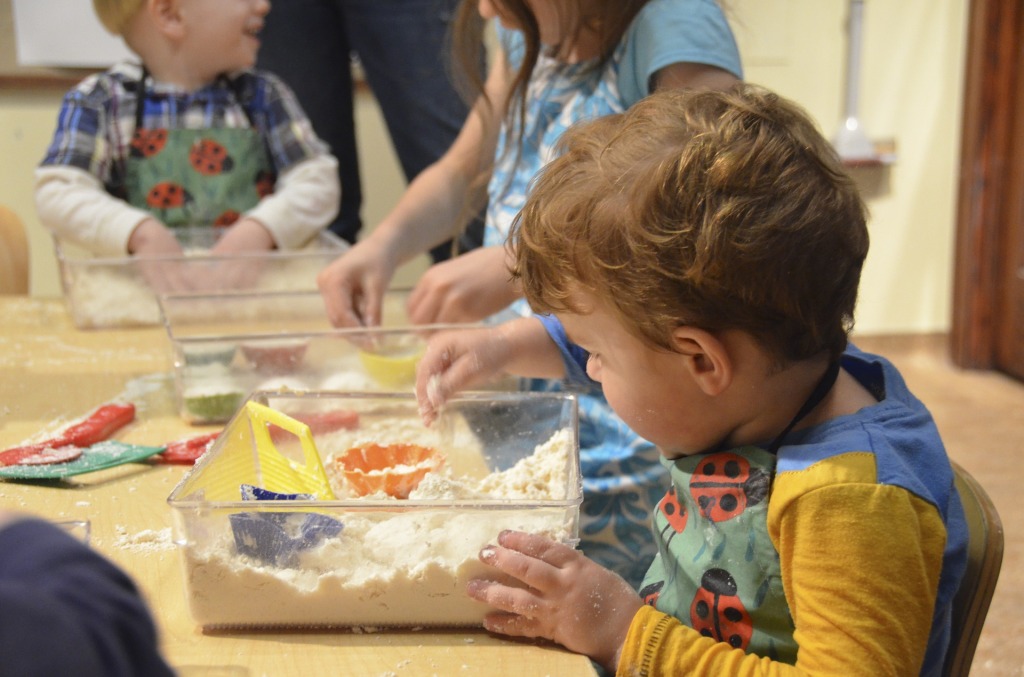Documentation and reflection are integral components of the Reggio Emilia approach to education. In Reggio-inspired schools, teachers carefully observe and document children’s learning processes, capturing their thoughts, ideas, and interactions through photographs, videos, and written notes. This documentation serves as a form of assessment that helps educators understand each child’s unique strengths, interests, and areas for growth. Teachers reflect on this documentation regularly to inform their curriculum planning and instructional strategies.
Project-based learning is another key aspect of the Reggio Emilia approach. Children engage in long-term projects that allow them to explore topics of interest in depth, encouraging collaboration, critical thinking, problem-solving skills, and creativity.
In Reggio-inspired schools, the role of the teacher is seen as that of a co-learner rather than a traditional instructor. Teachers work alongside children to investigate questions together, fostering a sense of curiosity and wonder in both students and educators.
The environment is considered the “third teacher” in Reggio Emilia schools. Classrooms are thoughtfully designed to inspire exploration, creativity, and communication. Natural materials such as wood, plants, light-filled spaces, mirrors, and open-ended materials like loose parts play objects are incorporated to stimulate children’s senses and imagination.
Parent involvement is highly valued in the Reggio Emilia approach. Parents are seen as partners in their child’s education journey. Collaboration between parents and teachers enriches the learning experience for children by creating strong connections between home and school environments.
Reggio-inspired art and creativity play a significant role in children’s development. Artistic expression is viewed as a language through which children can communicate ideas about themselves and the world around them.
Inquiry-based learning is at the heart of the Reggio Emilia philosophy. Children are encouraged to ask questions; investigate topics that spark their curiosity; research using various resources; collaborate with peers; test theories; reflect on findings; share discoveries with others through multiple modes of expression such as drawings or presentations.
Schemas are recurring patterns or themes observed in young children’s play behaviors that indicate underlying cognitive processes at work. Educators trained in observing these schemas can use this knowledge to plan experiences that support children’s natural inclinations toward certain types of play or exploration.
Atelieristas play a crucial role in Reggio Emilia schools by supporting artistic expression across all subject areas within an atelier (studio) space dedicated to creative exploration.
Provocations serve as invitations for learning by sparking curiosity or prompting inquiry into new ideas or materials for further investigation within classroom settings.
Community connections help broaden children’s understanding by bringing real-world experiences into classrooms through guest speakers from different professions or cultural backgrounds who share their expertise with students
Outdoor education inspired by Reggio principles encourages outdoor exploration where nature becomes another classroom filled with opportunities for discovery
For infants/toddlers: The application of Reggio Emilia principles involves creating safe environments rich with sensory experiences while valuing relationships among caregivers/parents/educators
Professional development opportunities help educators deepen their understanding/practice/pedagogy aligned with regio emilio philosophy which includes ongoing training workshops/conferences/seminars etc.

Leave a comment